- Overview
- Symptoms
- Causes & Risks
- Diagnosis
- Types
- Major Depressive Disorder
- Treatment
- Antidepressants
- Treatment-Resistant Depression (TRD)
- Living With
- Recovery & Relapse
- Complications
- Caregiving & Support
- Appointment Prep
- View Full Guide
Maybe It’s Something Else: 10 Things That Can Look Like Depression But Aren’t


Do You Have Depression?
Depression is a common mood disorder that affects around 280 million people worldwide.
Have you been feeling sad, hopeless, or low-energy? Have you had difficulty sleeping or concentrating? While these are common symptoms of depression, they could be a sign of something else. Health issues like vitamin D deficiency, anemia, or an undiagnosed condition such as autism can look a lot like depression. Learn how to better understand your symptoms.

Chronic Fatigue Syndrome (ME/CFS)
Myalgic encephalomyelitis/chronic fatigue syndrome (ME/CFS) and depression can both leave you exhausted and struggling to concentrate. Other common symptoms of ME/CFS include dizziness, muscle and joint pain, and headaches.
ME/CFS typically affects young and middle-aged adults, with women diagnosed more often than men.
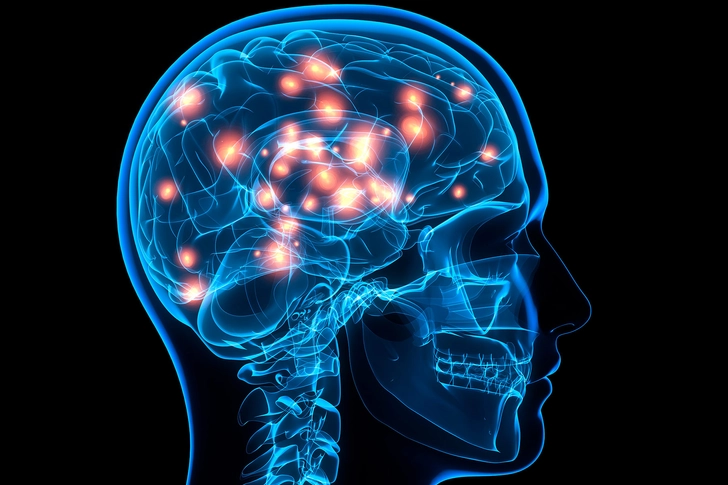
Fibromyalgia
Fibromyalgia is often misdiagnosed as depression because depression can be a symptom of fibromyalgia. This musculoskeletal disorder causes your brain and spinal cord to process pain signals with more intensity. Women are at a higher risk than men.
Other symptoms of both fibromyalgia and depression include:
- Sleeping problems
- Trouble with memory and concentration
- Fatigue
- Difficulty sleeping
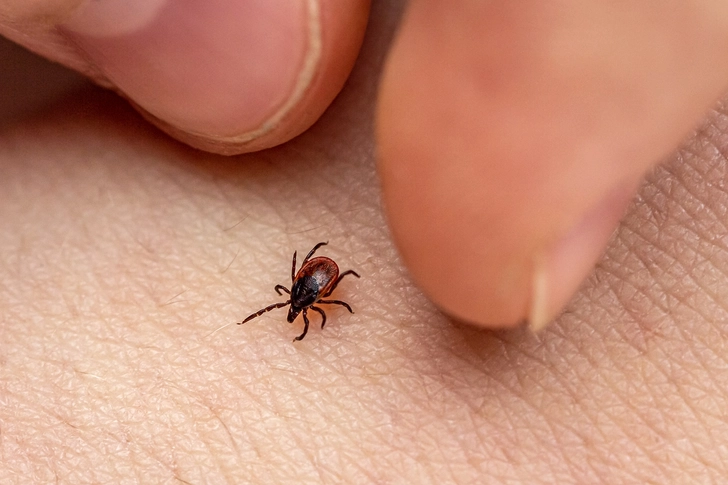
Lyme Disease
Lyme disease is called the “great imitator” because it shares symptoms with so many other conditions. Lyme disease can cause overwhelming fatigue and cognitive symptoms that can look like depression. Other symptoms include headaches, fevers, and a skin rash called erythema migrans. This rash appears as a distinctive bullseye shape.
If you’ve recently been bitten by a tick — or in an area with a heavy tick population, including states like Minnesota and Maryland — you may want to check with your doctor about testing for Lyme disease.
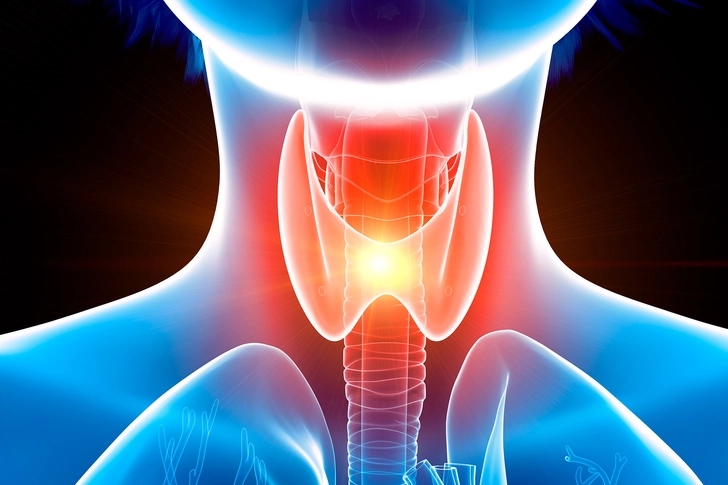
Hypothyroidism
Like depression, hypothyroidism — a condition in which your thyroid doesn't produce enough hormones — can cause fatigue, weight gain, and memory problems. Depression itself can be a symptom of hypothyroidism.
Hypothyroidism can be diagnosed with a blood test and treated with synthetic thyroid hormones. Your risk is increased if you have a family history of hypothyroidism, are over 60, or have an autoimmune disease.

ADHD
ADHD is a neurodevelopmental disorder often related to high energy levels. However, many people with inattentive-type ADHD experience fatigue from trying to focus. ADHD symptoms that can be misinterpreted as depression include:
- Lack of concentration
- Difficulty at work or school
- Mood swings
- Low-stress tolerance
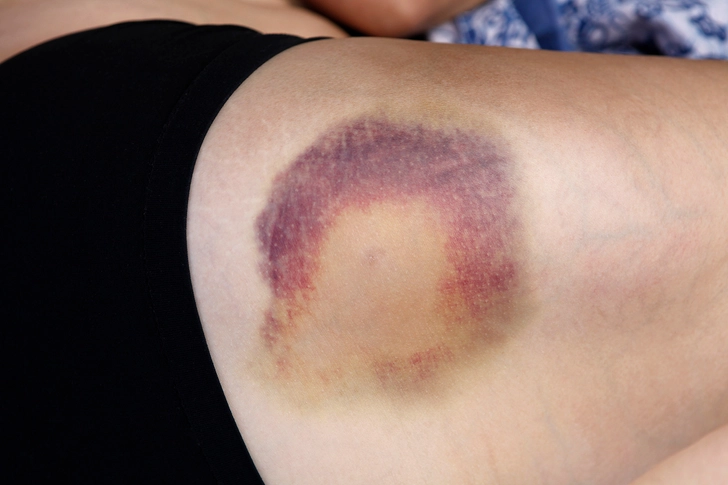
Ehlers-Danlos Syndrome (EDS)
Ehlers-Danlos Syndrome is a rare genetic connective tissue disease that can cause fatigue, brain fog, and sleep disturbances.
If you have stretchy or fragile skin, hyper-mobile joints, or bruise easily, you may want to ask your doctor about Ehlers-Danlos Syndrome.

Autism
Autism is a developmental disability that can be misdiagnosed as depression. Common symptoms include:
- Nervousness about social interactions
- Difficulty making friends
- Social isolation
- Avoiding eye contact
Misdiagnosis is widespread in women, who tend to hide autistic traits.

Vitamin D Deficiency
Many adults are low in vitamin D, which can cause symptoms like fatigue and mood changes that may look a lot like depression.
Vitamin D deficiency can be diagnosed with a blood test. If you’re obese, have a darker skin tone, or are over age 65, you may be at higher risk for low vitamin D.
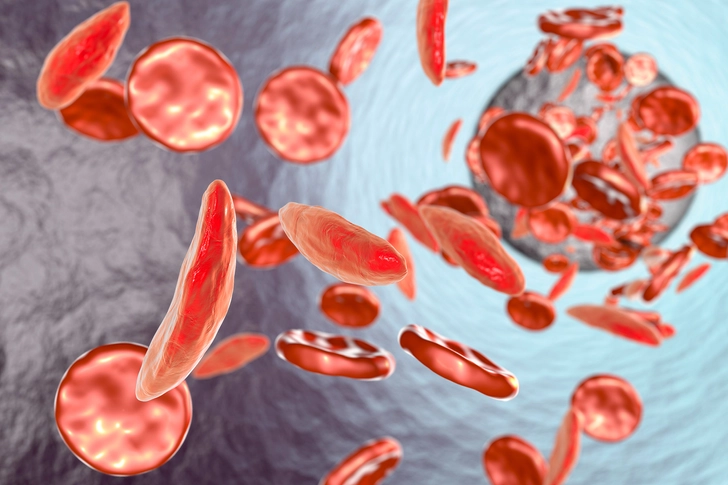
Anemia
If you have anemia it means you don't have enough healthy blood cells to supply your body with enough oxygen. It can cause extreme fatigue, brain fog, and mood changes — all symptoms that are sometimes mistaken for those of depression.
Anemia can be diagnosed with a blood test. Treatment depends on the underlying cause but can be as simple as an iron supplement or dietary changes. People who menstruate, are pregnant, have chronic health conditions, or are over 65 are at a higher risk for anemia.

Bipolar Disorder
Bipolar disorder is a mental illness characterized by intense mood swings. More than half of people with bipolar disorder are misdiagnosed as having depression, oftentimes by health care providers without psychiatric training. Depressive episodes are part of a cluster of bipolar symptoms.
Ask your doctor about screening for bipolar disorder if you experience:
PHOTO CREDITS:
1. Stone / Getty Images
2. Stone / Getty Images
3. Moment / Getty Images
4. Brand X / Getty Images
5. Moment / Getty Images
6. Science Photo Library / Getty Images
7. The Image Bank / Getty Images
8. fStop / Getty Images
9. E+ / Getty Images
10. iStock / Getty Images
11. Science Photo Library / Getty Images
12. Science Photo Library / Getty Images
SOURCES:
World Health Organization: “Depression.”
Mayo Clinic: “Chronic Fatigue Syndrome.”
Centers for Disease Control and Prevention: “Fibromyalgia.”
Mayo Clinic: "Fibromyalgia."
Lymedisease.org: “About Lyme Disease.”
Centers for Disease Control and Prevention: "Lyme Disease."
Lymediseaseaction.org.uk: "Erythema Migrans."
Mayo Clinic: “Hypothyroidism.”
Mayo Clinic: "Hypothyroidism (underactive thyroid)."
Mayo Clinic: “Adult Attention Deficit/Hyperactivity Disorder.”
Ehlers-Danlos Support UK: “Managing Fatigue, Sleeping Problems, and Brain Fog.”
Brain Sciences: “Gender Differences in Misdiagnosis and Delayed Diagnosis among Adults with Autism Spectrum Disorder with No Language or Intellectual Disability.”
Centers for Disease Control and Prevention: "What is Autism Spectrum Disorder?"
Mayo Clinic: “What are the risks of vitamin D deficiency?”
Mayo Clinic: “Anemia.”
Mayo Clinic: “Bipolar Disorder.”
Rolin, D. Journal of the American Association of Nurse Practitioners, 2020.